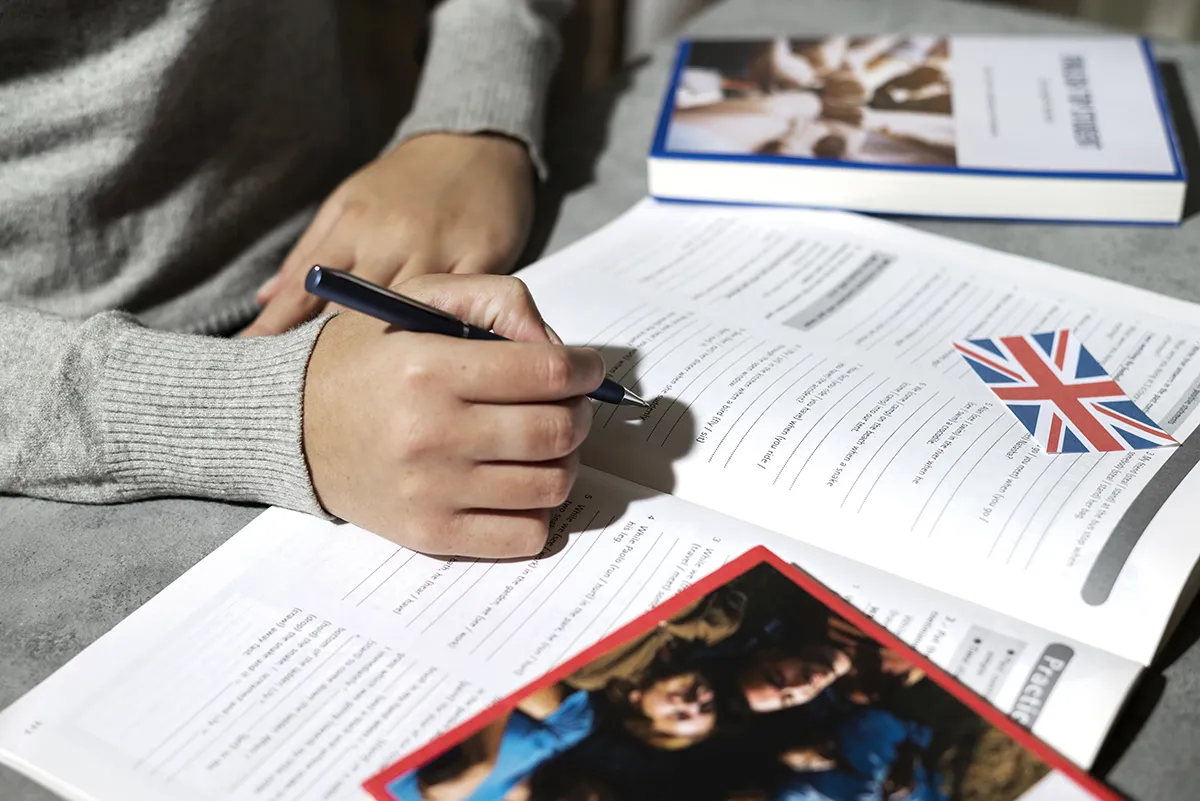Maximum credit awarded in this program for prior learning: 30 credits.
Program Learning Outcomes
As a result of completing this program, students should be able to
- exhibit insight and complex reasoning to engage in experimental design.
- demonstrate a fundamental understanding of scientific and applied principles.
- readily see connections between scientific ideas, systematic procedures and data.
- perform experienced and independent skills in quantifying, calculating and drawing results of laboratory experiments.
- disseminate information at all levels of interaction by describing clearly the qualities of scientific materials, calculations and results.
- exhibit confidence in drawing conclusions from existing data.
- exhibit insight into choice of equipment or application.
- accurately portray, explain and interpret data calculation and results of scientific processes related to the discipline.
- consistently apply hunches and new insights to laboratory application, combining resources or finding evidence to support new conclusions.
- show leadership in teaching laboratory techniques to others within the discipline.
- provide needed resources, in useful and orderly ways, for scientific processes related to the discipline.
- portray evidence, data and interpretation in a convincing manner.
- demonstrate skilled, adept presentation of scientific ideas and practices in writing.
- show insight and capacity to illustrate, compare, contrast and explain scientific material orally.
- be competent in using computer software and allied equipment and supplies.
- take part in scientific endeavour through literature searches, conference attendance or other intervention in related scientific disciplines.
- demonstrate knowledge of current best practices and ethical applications in the discipline.
Possible Career Options
- Technologist in a lab
- Critical Writer/Journalist in human science-related topics
- Health Services Co-ordinator
- Researcher
* Entrance requirements vary among educational institutions. It is the students’ responsibility to research the entrance requirements of other educational institutions.








